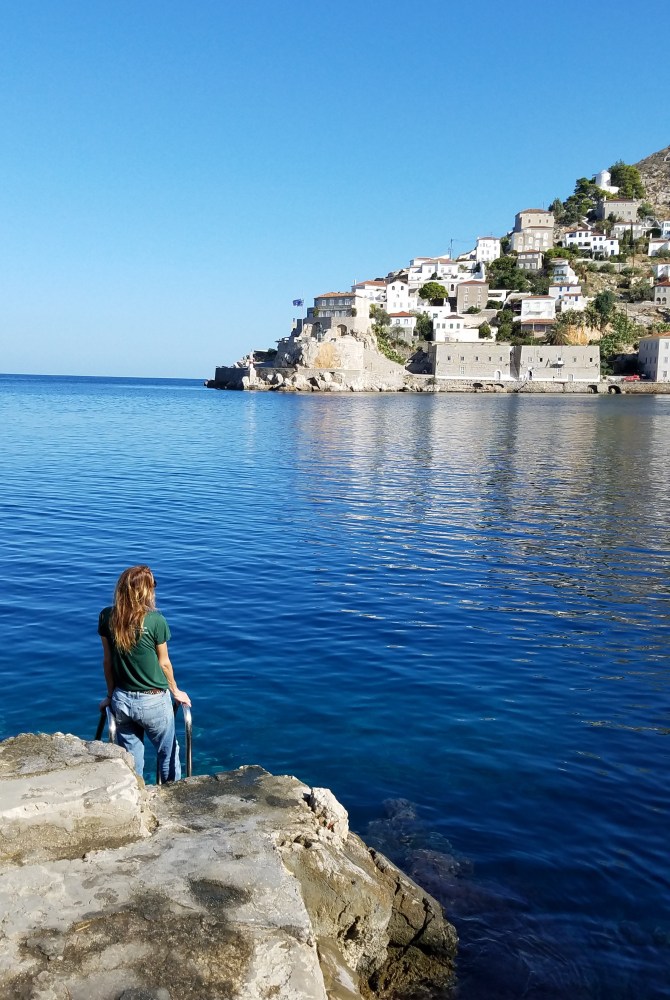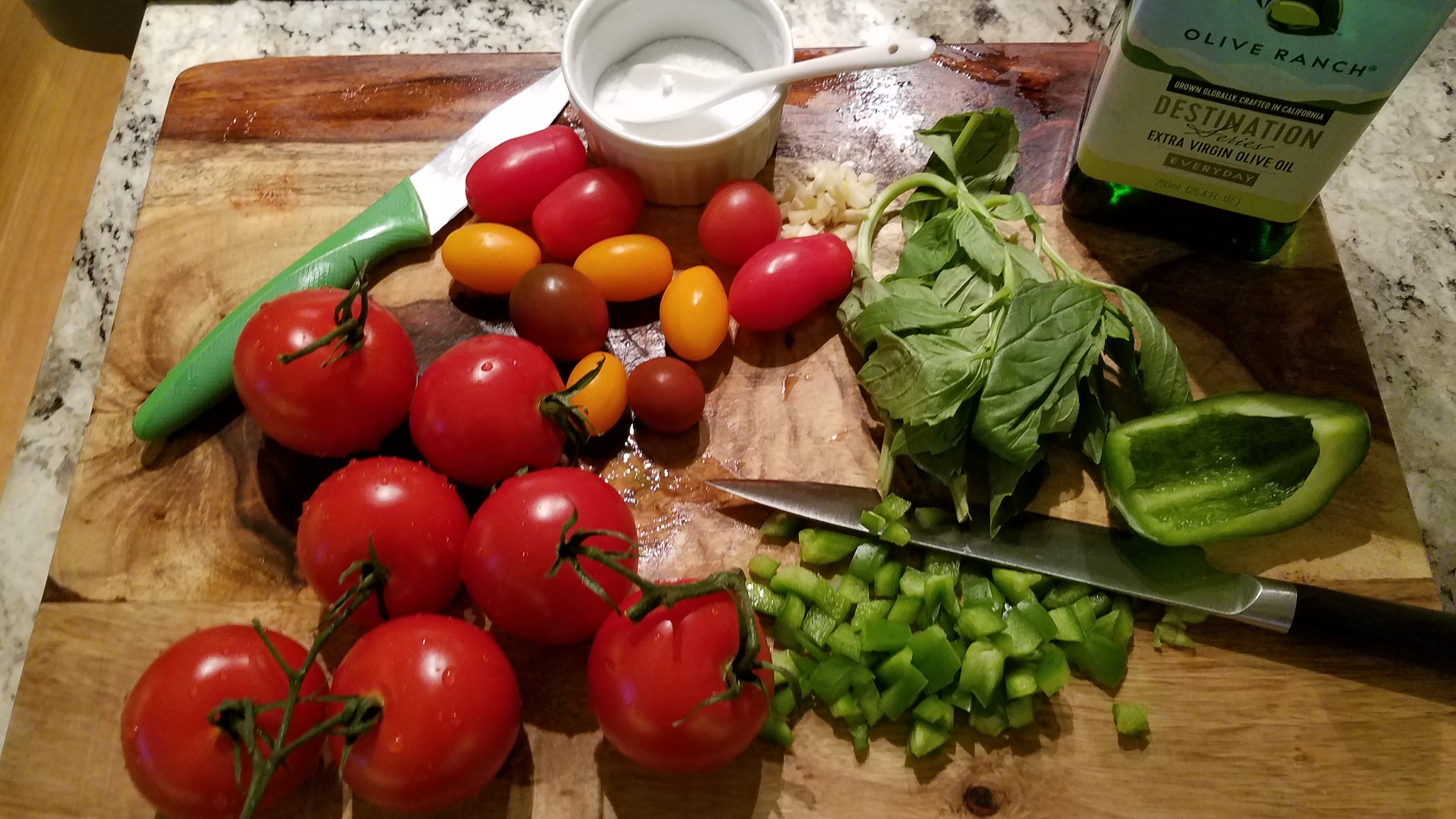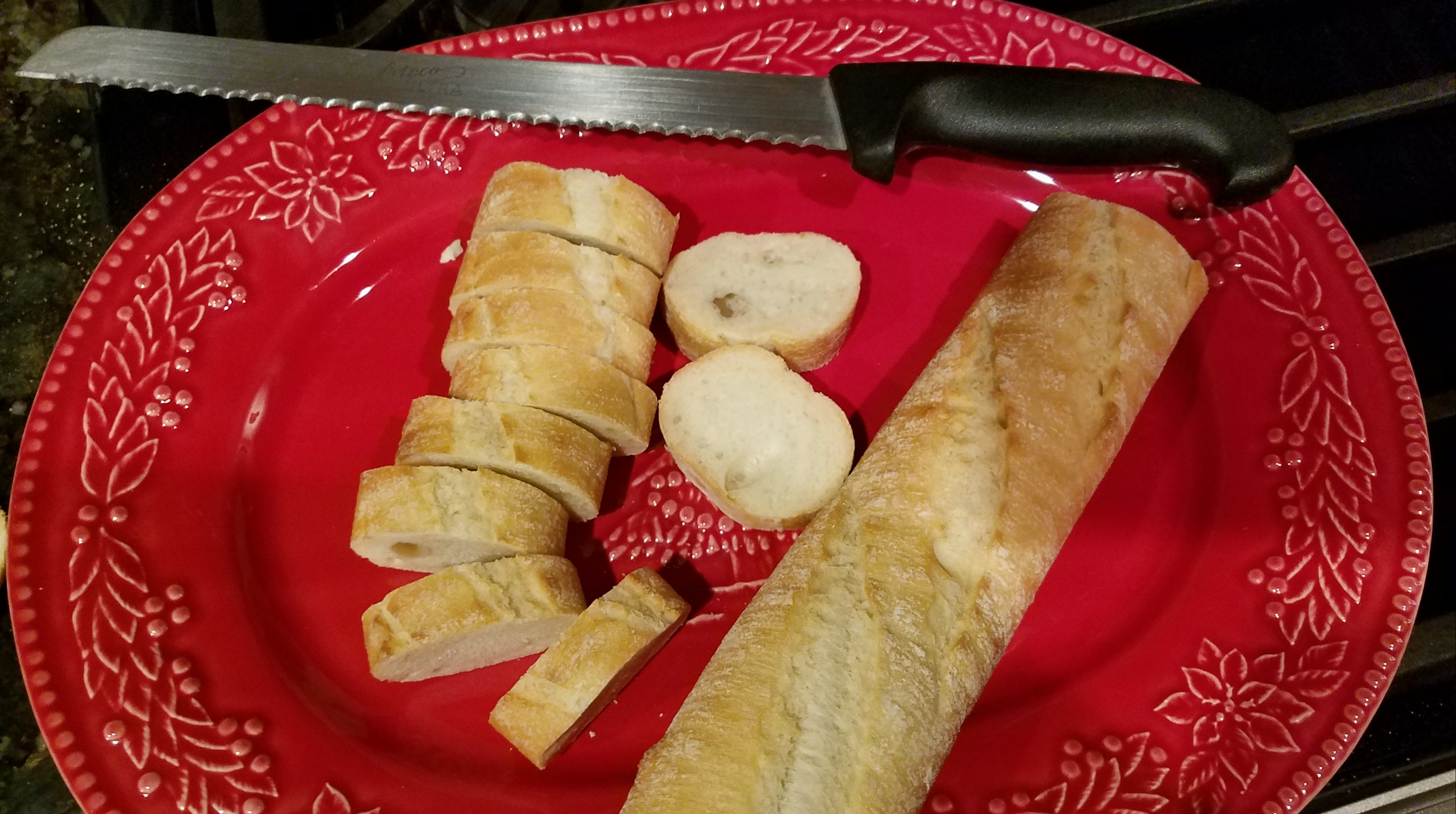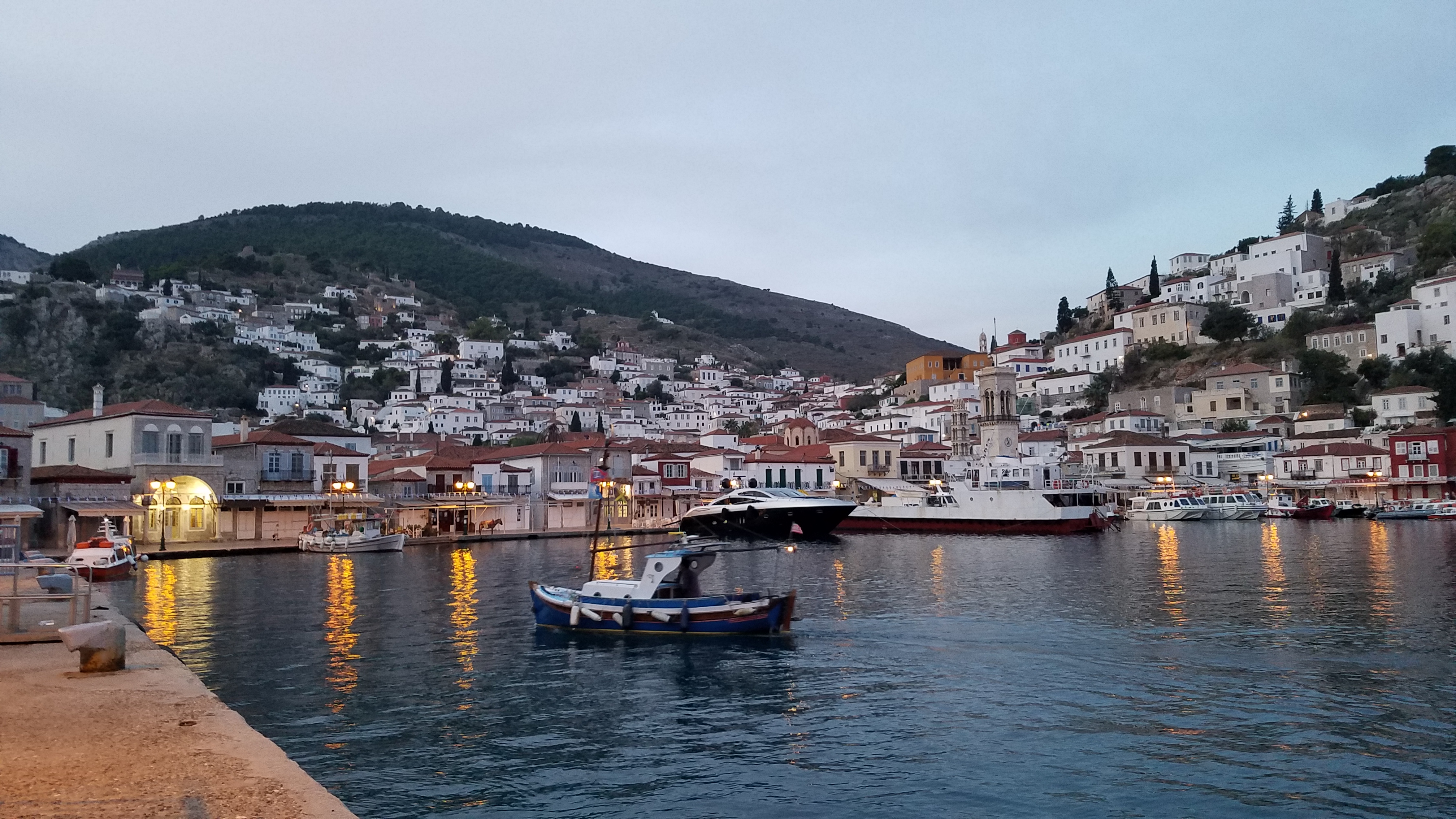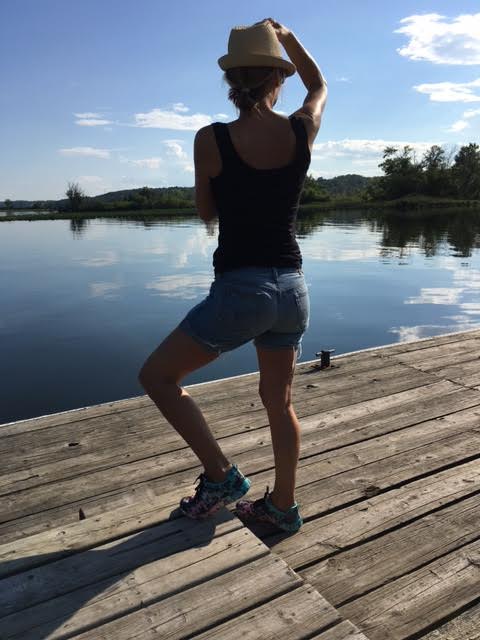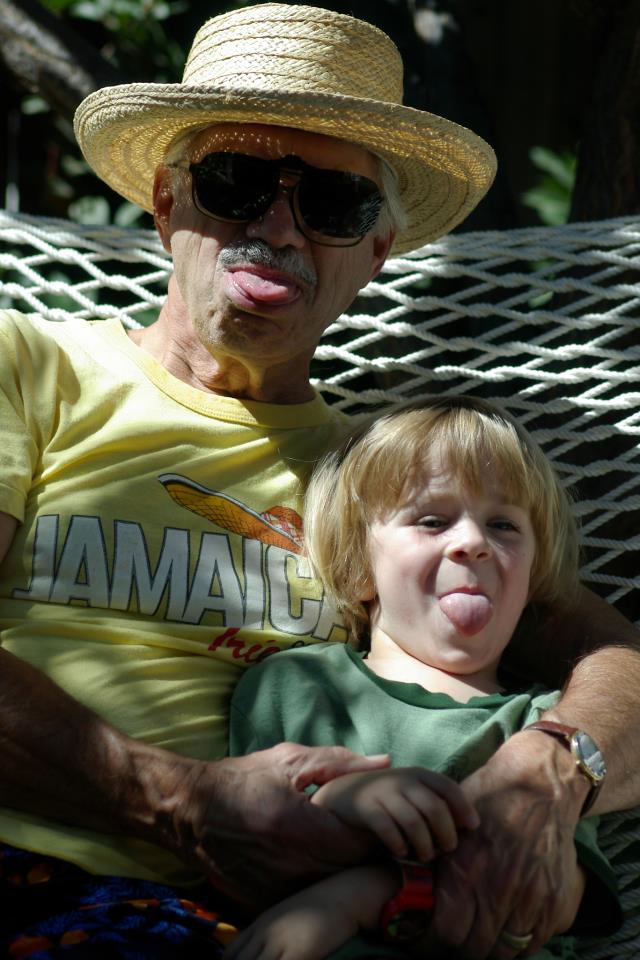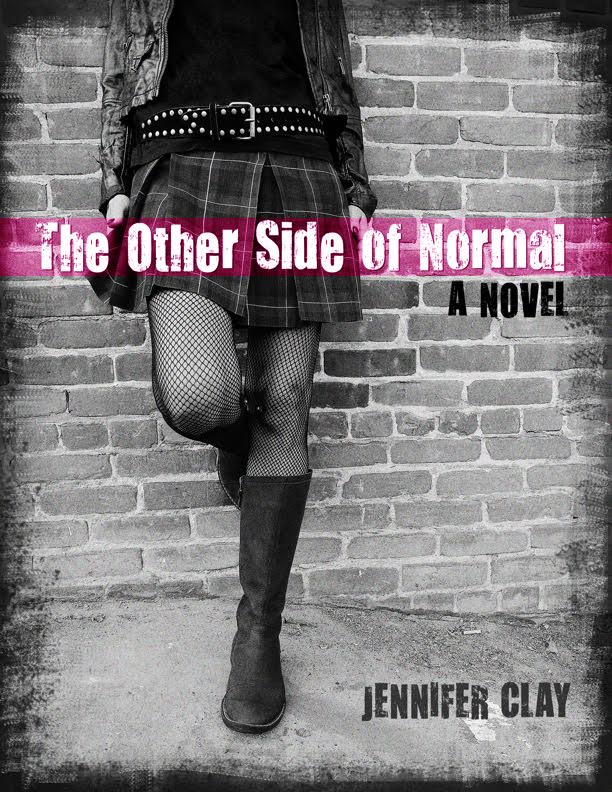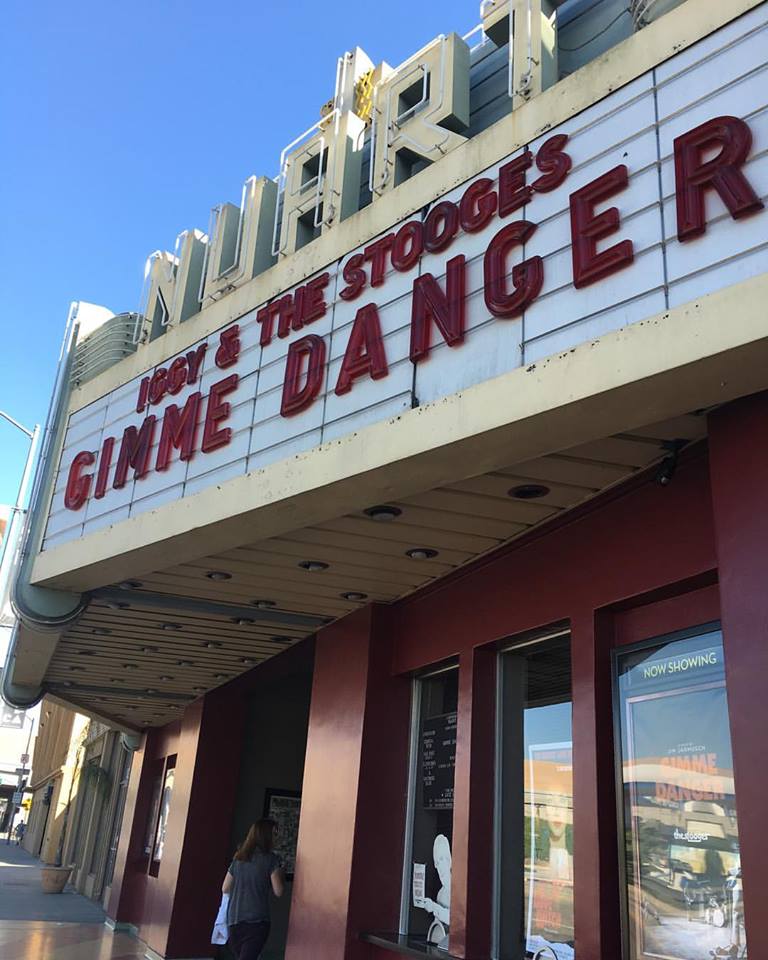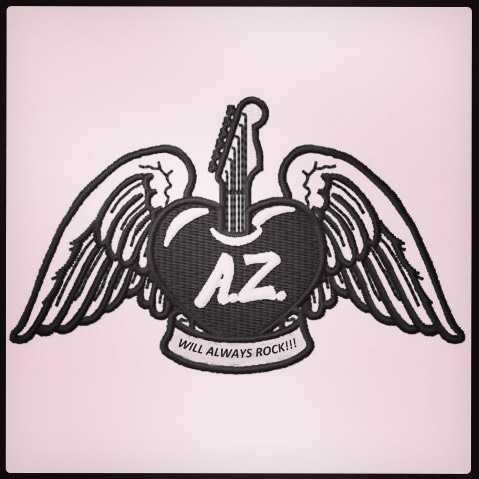A year ago, I fell on my face outside my house after going to the movies with a friend. I went to the emergency room, where I spent seven hours and was stitched up. This story comes from this experience.
The wall clock above the check-in desk ticked to 12:36 as a woman in mismatched gray sweats slipped past the night watchmen. January was gone and February 2020 had just rolled in.
The desk attendant asked a stream of questions from behind her yellow mask without glancing at the woman. “Any fever? Been to China in the last month?” She waited for the response that would either send a person to isolation or a seat in the lobby. When the patient didn’t speak, she raised her eyes and noted the slight shake of the dazed woman’s head in front of her. She held an ice pack to her mouth with a trembling hand, the rest of her face hidden by her tangled hair. “Then sign in and note the reason for your visit. Place your insurance card on the sheet—assuming you have insurance.” She shifted her weight from one butt cheek to the other, hoping the distribution would ease the pressure of her bottom hanging off each side of the cushion.
The attendant, whose nametag read Hope Christianson, tapped her pointy pink fingernails on the desk, her voice registering no sympathy or concern. Doing as instructed, Jane dropped her work bag to the floor and pulled her wallet from her purse. She emptied its contents onto the counter, finally finding the pass to acceptance. Hope Christianson grabbed the clipboard with Jane’s insurance card and typed at a pace that indicated she had a long shift ahead of her.
“Wrist,” Hope said, a plastic identification band with the name Jane Smyth dangled from her fingers. Jane Smyth rested her body against the chest-high desk and surrendered her right arm. “They’ll call you soon. Take a seat.”
Jane swiped the contents of her wallet into her purse and stumbled to the closest chair, gingerly applying the icepack to her mouth to soothe the pain and hide the swelling. She peered out from her hair, matted in clumps from the blood that had gushed from her lips three hours earlier. No one was alone. Under the bright lights, clusters of patients, victims, families and friends draped, slept and leaned across chairs with beige plastic cushions, the easy to wipe down kind. Everyone wore yellow face masks except the two women to her right and a woman in a wheelchair across the room. Jane clutched her purse and work bag tighter to her chest, not touching the chair arms. She looked over her shoulder toward the desk. A nearly full pump of clear antibacterial gel glistened on the counter, and a box of masks hung on the wall near Jane’s head. She balanced her bags and removed the icepack briefly as she reached for a mask the color and feel of a fluffy chick.
The security guards noticed the woman with the icepack for the first time as she gripped a yellow mask, though she had walked past them just moments ago. Now, they saw her exposed swollen and bloody mouth and the fresh wounds on the underside of her arm. The shorter guard, wearing a cap with a white patch and the word “security” in red letters, tilted his head back slightly to give the illusion of height and stepped from behind the podium. “Alguien la golpeó,” Hector said.
Albert, Hector’s imposing partner who had been leaning against the same podium with his thick forearms, reducing his more than six-foot frame, stood erect, hands on his waist near his taser, chest fully expanded. “Bastard.” Albert didn’t speak Spanish well, but he understood Hector’s words. He heard it a couple times a month. The woman had been beaten up.
Neither guard wore masks. They felt it wasn’t right given their position of authority.
Jane felt the guards’ eyes on her and pulled the white strings around her ears, hiding the swelling underneath. She stood, wincing at the pain that shot through her left knee and thigh, and walked the two steps to the pump, squirted its contents into her hand, and returned to the chair. Rubbing her hands together, she inhaled the alcohol scent, using it to jar her memory as to why her leg hurt. Before she had fled her home, Jane had changed out of her bloody clothes and heels into baggy sweatpants and her favorite sweatshirt—its white letters across her chest shouted “WEEKEND.” Then, she was too focused on stopping the trembling of her body to realize any other damage. Now, she wanted to see what was under the fabric, to understand what happened to her. She trembled from the chill and exhaustion.
“Smyth, Jane.”
If Jane could smile, she would. This wasn’t her night, or now morning, but at least someone had noticed her and was whisking her away from the waiting room of sick people. She pulled her bags over her shoulder, feeling the weight of the laptop against her side as she stood. It was a heavy hinderance that in her moment of panic seemed a practical choice to kill time while she waited at urgent care.
“Smyth, Jane.”
She hobbled toward the voice, a black woman with a clipboard. Jane was certain the woman was smiling behind her mask, happy to be helping her.
“Ms. Smyth,” she said, grabbing her wrist to scan her id band. “I’m going to check your vitals. Now, why are you here.”
The nurse didn’t look at Jane, instead, focused on her machines and clipboard.
Jane watched the woman’s badge swinging across her chest as she moved about her job—Josephine Brown, LPN. Two hours ago, at the urgent care twelve miles away, it was Edwina Marcos, LPN. Edwina and the doctor with more vowels then consonants in his name had sent her away. “You need a surgeon. Go to an emergency room.”
“Ms. Smyth. Why are you here,” Josephine Brown, LPN repeated, this time emphasizing each word as if Jane were fifty years older than her just over forty years.
If Jane’s lips didn’t feel like they belonged on a camel she would have said something like, “Hello, Josephine. Sorry to be such a bother, but well, you should see his face.” People liked it when you said hello and called them by their name. They liked it when you joked in a time of misfortune. But Jane’s words were jumbled in her head, and her mouth felt like it was filled with sticky cotton balls. Instead, Jane pulled down her mask.
Josephine stopped in front of Jane Smyth. “I see.” She put the oral thermometer away and switched to the ThermoScan, which she gently inserted into Ms. Smyth’s ear. For Josephine, the overnight shifts were a drag. The intoxicated, the abused, the accidents, the screaming children. At least this was her first battery. And the poor woman was alone. No one standing by her side. “Anything else hurt?” Josephine asked, this time more tenderly.
Jane lifted her left arm and pushed up the sleeve of her sweatshirt, revealing a trail of scrapes on its underside. Josephine Brown typed into the keypad on a mobile tray she pushed around the room. She asked if Jane felt faint, dizzy, confused, and any other wounds. Not wanting to share the throbbing in her skull and pull down her pants, she shook her head slowly—immediately regretting it. The movement felt like someone had bounced a basketball off her temple. What’s it called? Hole in one? Bank shot? Rim shot? She closed her eyes as Josephine Brown took her blood pressure.
Josephine put her gloved hand under Ms. Smyth’s elbow and helped her stand. “You go sit back down now. They’ll call you soon enough. Take care, you hear?”
Immediate help wasn’t on the way. Jane tossed her bloody mask in the trash and grabbed a new one as she passed by the front desk. She settled back in the same chair, careful not to touch the arms.
A family of four slouched across from her. A toddler curled in the man’s lap, asleep as she should be at this hour. A woman at least a decade younger than the man hung her arm around a boy, who leaned against her as he gripped a Nintendo. She studied their faces partially hidden behind masks. Korean, not Chinese. Don’t worry, and don’t judge.
She knew what was happening in China, and how the virus was spreading. Chinese New Year was canceled for the first time, and every other day for the past two weeks she had checked in with her friends in China through WeChat. They had told Jane to buy masks, hand sanitizer and gloves. Instead of stocking up, she sent them inspirational quotes from her favorite writers. Looking at the patients, Jane knew she had to swipe a handful of masks before she left this hospital.
Jane averted her eyes from the family to the two young women just three chairs away from her. No masks. Jane could see every stroke of their makeup—lips perfectly shaped, eyes surrounded by liquid liner and a thick layer of foundation glittery from powder. She felt like a troll and shifted away from them.
“Ewww,” BettyBeautyInsideOut whispered to MarcelitaBonita. “Did you see that woman’s face?”
“God, she should keep her mask on,” MarcelitaBonita whispered back. “She’s probably homeless or a drunk.”
“Almost everyone’s wearing masks. Why are they all sick?” BettyBeautyInsideOut leaned closer to her friend and continued to scroll through her Instagram feed. “Is your rash that bad? It’s almost three, and I’ve been up for like, almost twenty hours.”
“I can’t shoot bikinis tomorrow with this ring around my stomach.” MarcelitaBonita said as she liked a string of posts of women tastefully shot in bathing suits.
“You are so right.” BettyBeautyInsideOut nudged her friend as she gestured toward the back of the room. “What is that woman hollering about? This place is full of crazies.”
“Hola! ¿Quieres mi orina? Hola?”
Hector eyed the woman in the wheelchair at the far end of the room. The old ones were always loca.
“What’s she going on about?” Albert asked Hector. Albert wanted to talk to Carmela, the Chilean nurse with the long braid not the crazy mamacita with two braids. He watched Carmela emerge from the doors that led to the hospital rooms some forty times a shift. It made these overnights bearable.
“She wants to know if we want her pee,” Hector said. “Ve al baño.” Hector waved toward the bathroom.
“¿No quieres? No pee?” The old woman shouted back.
Carmela stood beside Albert, so close he could smell the sweetness of her flowery perfume. “No, mama. No la necesitamos.”
Rosa Gutierrez waved at the pretty Latina nurse, then lumbered to her feet. She mumbled “Dios mío” over and over as she tottered toward the bathroom. She thought her swollen feet and ankles would burst or her lungs would collapse as her breath came shallow. Before she opened the bathroom door, Rosa looked back at her grandson, Roberto Jr., who was laughing at something called TikTok on his phone. He was oblivious to her pained movements, but at least he had driven her to the hospital. Inside the cold cell of a room, she lifted her long skirt and hovered over the toilet, wincing as the urine left her body and the explosion bursting in her chest. Rosa was convinced her daughter-in-law had poisoned her because she had told her that her cooking tasted like a gringa with no senses.
Jane glanced up to see the old lady shuffle back to the wheelchair, holding her skirt up, revealing her red socks and black molded clogs. She looked away as the woman chastised a man in a Def Leppard shirt and a teenager in a jean jacket. The Spanish was too quick for Jane’s aching head. She closed her eyes as the security guard hollered across the room again.
“Mamacita. ¿Qué pasa?” Albert asked as he stepped away from his desk and toward the argument. “What’s wrong now?”
The old woman’s braids swung left and right as she swiveled her wheelchair toward Albert and the guy with the jean jacket and rock T-shirt. She continued to berate him in Spanish until the man removed his mask, revealing an impressive mustache Albert knew he could never grow. Mustache Man fired back at her, gesticulating with his arms, but to Albert, he seemed harmless as his ass was glued to his seat. “In English, por favor,” Albert said. “Speak English.” Where was Hector when he needed him? Probably talking to Carmela.
“He stole my plug. My phone was charging,” claimed Rosa Gutierrez.
“The Senorita’s phone is charged,” explained Mustache Man.
A young woman seated beside Mustache Man reached for the phone on the ground, her straight dark hair fell forward like coffee pouring from Albert’s morning pot. She carried the phone to the old woman with the cord dangling, her crisp white Nike’s squeaking with each step. She handed it to her, turned and walked back to her chair. Though her face was mostly hidden by her mask and hair, Albert could see she was still a teenager. A mighty fine-looking teenager.
A swoosh of cold air blew across Jane, and she fluttered her eyes open. The hospital LED lights shot daggers through her brain. She winced and shivered. She clutched her bags tighter to her chest.
A man emerged from the double doors. He had the body of every handsome thirty-something actor. Jane shifted in her chair and eased her hold on her bags opening herself up to what her best friend would call “a desirable.” Then she remembered that her face was swollen under the mask and blood had matted her hair into clumps. She shrank into her aching body and watched him stroll to the front desk in his Adidas slides as he cradled his left hand. He smiled with beautifully straight teeth at Hope Christianson. “I think I broke my hand.” He looked down at the attendant and a curl fell from its home among the others, landing across his right eye Jane watched his biceps pulse as he filled out the form.
The two women without masks gawked, their phones frozen in their hands. “What are we thinking,” the furthest one said as she snapped a photo.
MarcelitaBonita with the rash strolled to the counter, taking a position on the other side of the man as her friend maneuvered to get a photo.
Handsome man handed the paperwork to Hope Christianson, who was far more attentive to his needs then to Jane’s. The attendant shouted, “X-ray, please.” He stepped away from the counter and MarcelitaBonita and brought his good hand to his face.
Jane looked up at him from under her drooping lids as he glanced down at her from his shielded face. She saw what she guessed was pity as he took her in. But then he smiled, shrugged and cradled his hand as he followed the nurse to be x-rayed.
A person should be able to come into an emergency room and be anonymous. Jane closed her eyes from the lights and the looks. She wasn’t interested in the guy, not any man right now. She had officially sworn off all men. A guy was the reason her face was this way. Jane had worked late, gone home, fed her dog, Emerald, changed into her boots with heels, then raced to meet Javier, a customer who came into the bookstore nearly every day for a matcha latte. They almost always chatted, and today he said he was going to the Slice & Pint with some friends. “I’ve never seen you without a tea or book in your hand. If you’re around after work, and your friends want to go?” She thought she had told him “definitely,” but maybe she had only said “maybe.”
She went solo because her one single friend had a date. She had one pint and one slice. Javier didn’t show. Walking up her steep driveway, she stumbled in her rarely worn heels. Agony in her mouth and her head beside the geranium pot. That’s all she remembered. If she hadn’t gone, if Javier had shown, if she hadn’t….”
“Park, Soo-young. Seo-young? The young Park?”
Jane opened her eyes as the Park family of four stood. She caught the mother’s gaze before the woman corralled her family.
Mrs. Park had traveled home a week ago from Seoul where no one was looking at one another. No one was even walking near one another. The virus had hopped onto the shores of Korea and was tearing apart her people. She had joined her husband on a business trip with her two kids, Seo-young and Min-jun, so the grandparents could meet them. She could smell the sick when she entered the apartment her husband had grown up in. She kept the kids from going near halmeoni and halabeoji. But little Seo-young couldn’t help but push the mask aside and put her hands and anything else she could find in her mouth—even though Mrs. Park did all she could to stop her. Mrs. Park refused to see her own parents after, not wanting to take the death with her, and insisted they fly home as soon as they could. Two days later, the Park family were on a plane—and she thought safe. Three days after that, Seo-young developed a fever, then a cough.
Mrs. Park thought no one in this emergency room knew what was coming, but she knew. She’d seen it in Seoul. Before she stepped through the double doors to explain what she witnessed to the doctor, she looked back at the people who thought they were sick but didn’t really know sick until they experienced the virus. Mrs. Park had a small amount of hope in that almost everyone wore masks. The woman with the busted face caught her eye again. Mrs. Park pointed to her own mask, holding it to her face and nodded as if to say: Don’t remove it. No matter what you do. Then she disappeared behind the doors with her sick daughter in the arms of her husband and her son trailing behind them.
A pale blonde toddler toddled in behind a paler woman wearing Gucci sweatpants. The woman gripped the counter and doubled over from her raspy cough. The child clutched Alexander and the Terrible, Horrible, No Good, Very Bad Day to her pajamas and buried her face in her mother’s tote bag.
Jane turned from the woman and her cough, grabbed a handful of masks when the security guards were looking at the pretty nurse with the long braid, and knew this was going to be a terrible, horrible, no good, very bad year.
“Smythe, Jane.”





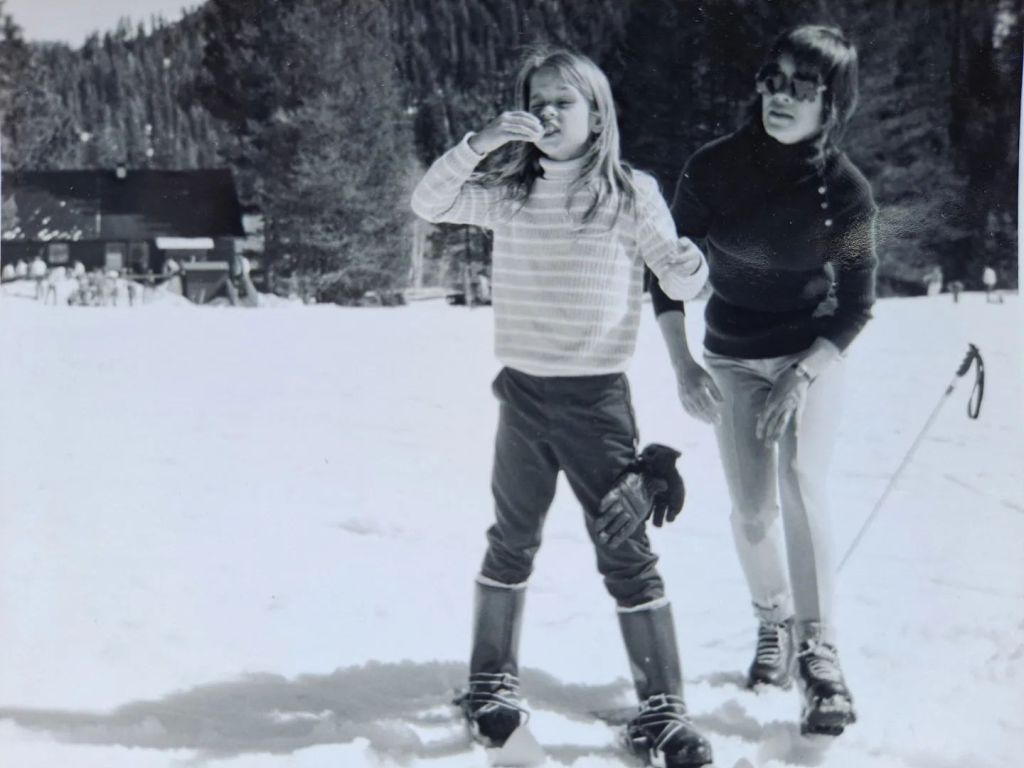




 The beauty with this recipe is options:
The beauty with this recipe is options: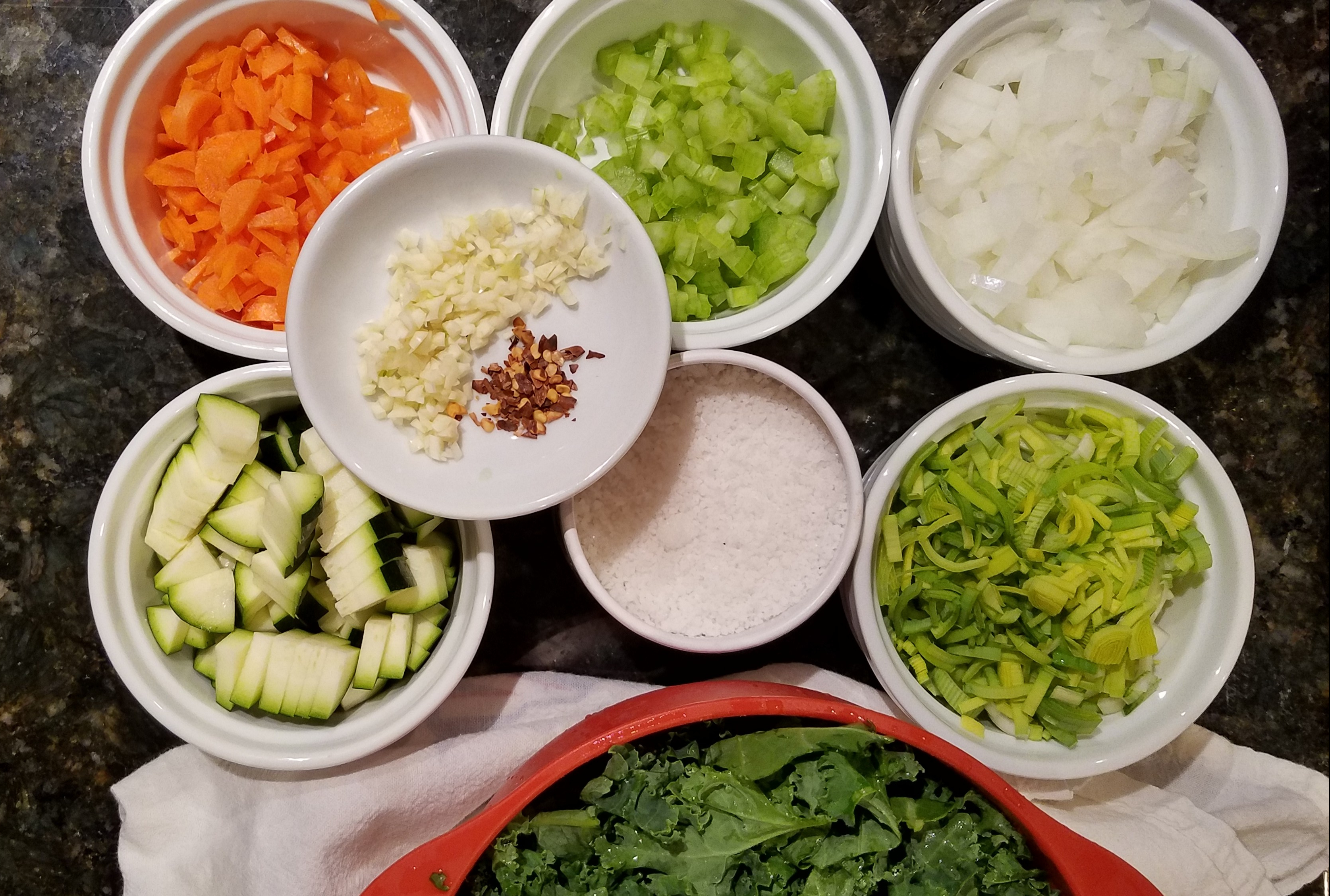

 Chop your spices and place in individual dishes also. I decided to try different spices since I had thyme and oregano in my garden, and fresh dill in my refrigerator. Dill and oregano are two of my favorite spices to cook with—along with cilantro. I added each of these to the individual pies at the end and marked each with a spring on the crust.
Chop your spices and place in individual dishes also. I decided to try different spices since I had thyme and oregano in my garden, and fresh dill in my refrigerator. Dill and oregano are two of my favorite spices to cook with—along with cilantro. I added each of these to the individual pies at the end and marked each with a spring on the crust.





